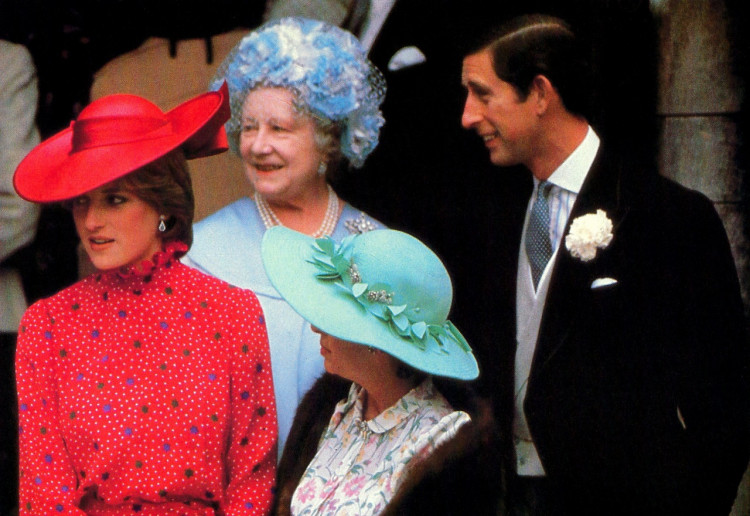As the anniversary of Princess Diana's death approaches, new revelations underscore the profound impact her passing had on her former husband, King Charles III. On August 31, 1997, Diana, Princess of Wales, died in a car accident in Paris while being pursued by paparazzi. The tragic event, which also claimed the lives of her companion Dodi Fayed and their chauffeur Henri Paul, left a lasting emotional scar on the British monarch.
According to Christopher Andersen, author of The Day Diana Died, King Charles was utterly "shattered" upon receiving the news of Diana's death. Andersen recounts that Charles, informed over the phone, "howled like a wounded animal" in his initial response. "When he was first told over the phone that Diana had died, Charles, according to an eyewitness, 'howled like a wounded animal,'" Andersen told Fox News Digital. This reaction was described as raw and profound, indicative of the depth of his grief.
The emotional turmoil was evident when Charles rushed from Balmoral Castle in Scotland to Paris to repatriate Diana's body. Andersen notes that upon viewing Diana's body for the first time, Charles was visibly shaken. "A nurse who was standing in the room told me he reeled back and looked as if he had been 'struck by an unseen force,'" Andersen said. This response, particularly surprising given their tumultuous relationship, underscored the complex emotions Charles experienced.
A recent auction of a letter penned by Charles to a friend sheds further light on his state of mind in the aftermath of Diana's death. The letter, which sold for $2,000, detailed Charles' feelings of "unbearable emptiness" four months after the tragedy. This personal reflection highlights the lingering impact of Diana's death on Charles, despite their separation and the difficulties in their marriage.
In the months leading up to Diana's death, she and Charles had managed to reconcile to some extent, focusing on their sons, Prince William and Prince Harry. Andersen reveals that the ex-couple, who had previously been at odds, had become "very best friends" for the sake of their children. "In the months before Diana's death, she and Charles decided to put their bitterness behind them and become, in her words, 'very best friends,'" Andersen explained. Despite their separation, Diana's enduring affection for Charles was evident.
Charles' grief was compounded by the immense public and media scrutiny surrounding Diana's death. Andersen describes how Charles found himself embroiled in a struggle with the monarchy to ensure Diana received a fitting tribute. "Charles had to battle his mother, the queen, and the entire establishment of the monarchy to ensure that Diana was given the kind of funeral she deserved," Andersen noted. Diana's ceremonial funeral, attended by 2,000 people and broadcast to over 2 billion viewers worldwide, was a testament to her global impact and the emotional weight of her loss.
In the wake of Diana's death, Camilla Parker Bowles, who would later become Charles' second wife, faced significant backlash. Andersen reported that Camilla received death threats and was forced into hiding during this tumultuous period. The heightened tensions around Camilla's role further complicated Charles' personal and public life.
Charles' emotional struggle did not end with Diana's funeral. The memory of Diana and the legacy of their tumultuous marriage continued to influence his life and decisions. "Charles may have confessed to feelings of 'unbearable emptiness' four months after Diana's death, but it wasn't that long before he began to resent the persistent shadow she cast over everything he did," Andersen observed. The ghost of Diana's legacy seemed to overshadow Charles' efforts to move forward, including his eventual marriage to Camilla.
Charles and Camilla's marriage in 2005, and their subsequent coronation in May 2023, did little to quell public comparisons to Diana. Andersen reflects on the challenges Charles faced in reconciling his past with his present. "Charles spent years shadowboxing with the ghost of Diana," Andersen said, suggesting that the memory of Diana continued to haunt him even as he assumed the throne.
Today, as King Charles battles a serious illness, Andersen suggests that the reflections on Diana's impact remain a poignant part of his life. The enduring presence of Diana's memory in Charles' life illustrates the deep and lasting influence she has had, both personally and publicly.





